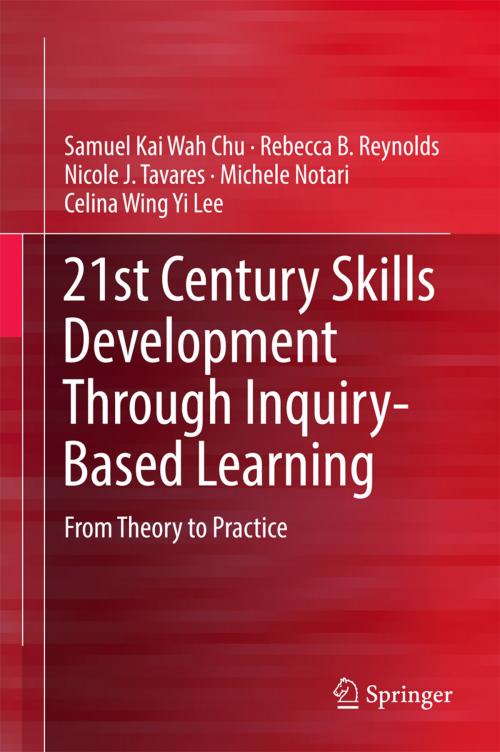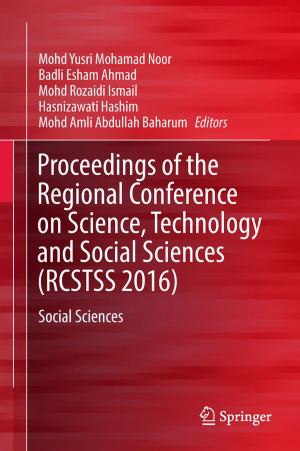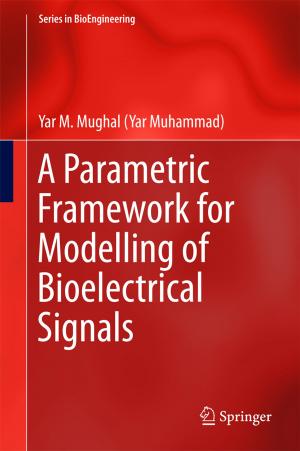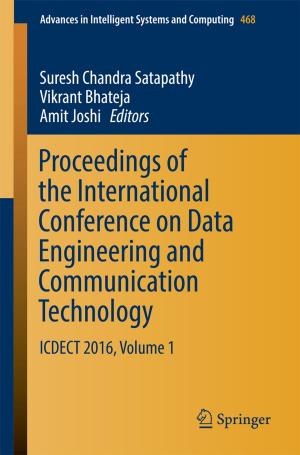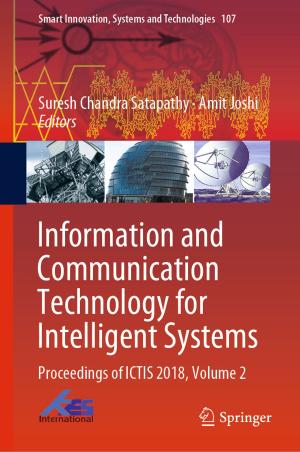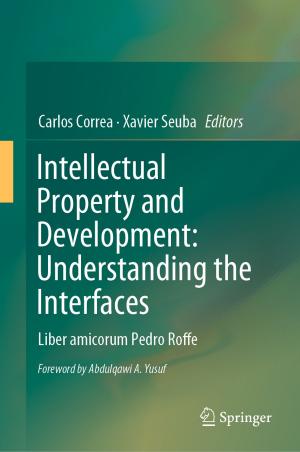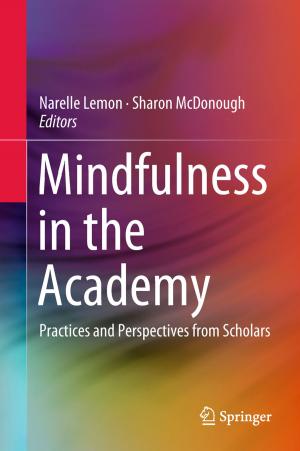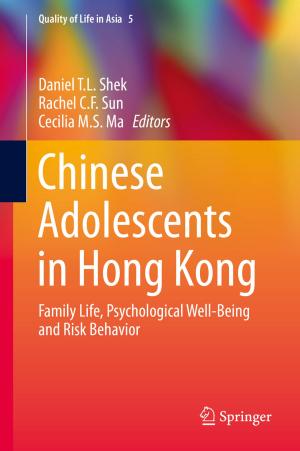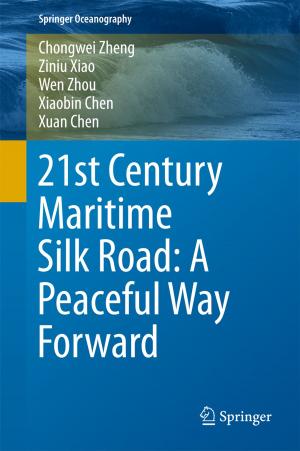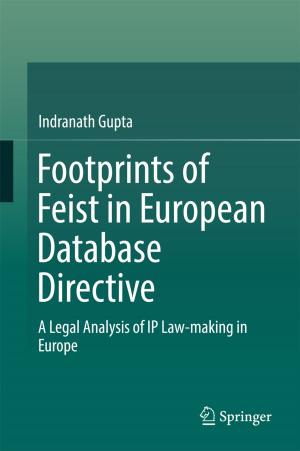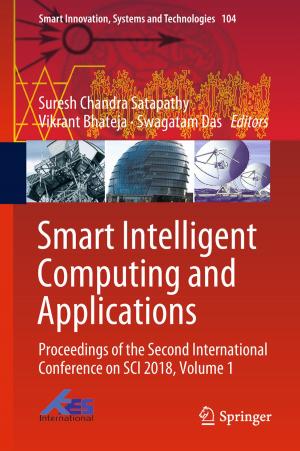21st Century Skills Development Through Inquiry-Based Learning
From Theory to Practice
Nonfiction, Reference & Language, Education & Teaching, Teaching, Computers & Technology, Educational Theory, Educational Psychology| Author: | Samuel Kai Wah Chu, Rebecca B. Reynolds, Nicole J. Tavares, Michele Notari, Celina Wing Yi Lee | ISBN: | 9789811024818 |
| Publisher: | Springer Singapore | Publication: | September 21, 2016 |
| Imprint: | Springer | Language: | English |
| Author: | Samuel Kai Wah Chu, Rebecca B. Reynolds, Nicole J. Tavares, Michele Notari, Celina Wing Yi Lee |
| ISBN: | 9789811024818 |
| Publisher: | Springer Singapore |
| Publication: | September 21, 2016 |
| Imprint: | Springer |
| Language: | English |
This book presents innovative instructional interventions designed to support inquiry project-based learning as an approach to equip students with 21st century skills. Instructional techniques include collaborative team-based teaching, social constructivist game design and game play, and productive uses of social media such as wikis and other online communication affordances. The book will be of interest to researchers seeking a summary of recent empirical studies in the inquiry project-based learning domain that employ new technologies as constructive media for student synthesis and creation. The book also bridges the gap between empirical works and a range of national- and international-level educational standards frameworks such as the P21, the OECD framework, AASL Standards for the 21st Century Learner, and the Common Core State Standards in the US. Of particular interest to education practitioners, the book offers detailed descriptions of inquiry project-based learning interventions that can be directly reproduced in today's schools. Further, the book provides research-driven guidelines for the evaluation of student inquiry project-based learning. Lastly, it offers education policymakers insight into establishing anchors and spaces for applying inquiry project-based learning opportunities for youth today in the context of existing and current education reform efforts. The aim of this book is to support education leaders', practitioners' and researchers' efforts in advancing inspiring and motivating student learning through transformative social constructivist inquiry-based knowledge-building with information technologies. We propose that preparing students with inquiry mindsets and dispositions can promote greater agency, critical thinking and resourcefulness, qualities needed for addressing the complex societal challenges they may face.
This book presents innovative instructional interventions designed to support inquiry project-based learning as an approach to equip students with 21st century skills. Instructional techniques include collaborative team-based teaching, social constructivist game design and game play, and productive uses of social media such as wikis and other online communication affordances. The book will be of interest to researchers seeking a summary of recent empirical studies in the inquiry project-based learning domain that employ new technologies as constructive media for student synthesis and creation. The book also bridges the gap between empirical works and a range of national- and international-level educational standards frameworks such as the P21, the OECD framework, AASL Standards for the 21st Century Learner, and the Common Core State Standards in the US. Of particular interest to education practitioners, the book offers detailed descriptions of inquiry project-based learning interventions that can be directly reproduced in today's schools. Further, the book provides research-driven guidelines for the evaluation of student inquiry project-based learning. Lastly, it offers education policymakers insight into establishing anchors and spaces for applying inquiry project-based learning opportunities for youth today in the context of existing and current education reform efforts. The aim of this book is to support education leaders', practitioners' and researchers' efforts in advancing inspiring and motivating student learning through transformative social constructivist inquiry-based knowledge-building with information technologies. We propose that preparing students with inquiry mindsets and dispositions can promote greater agency, critical thinking and resourcefulness, qualities needed for addressing the complex societal challenges they may face.
